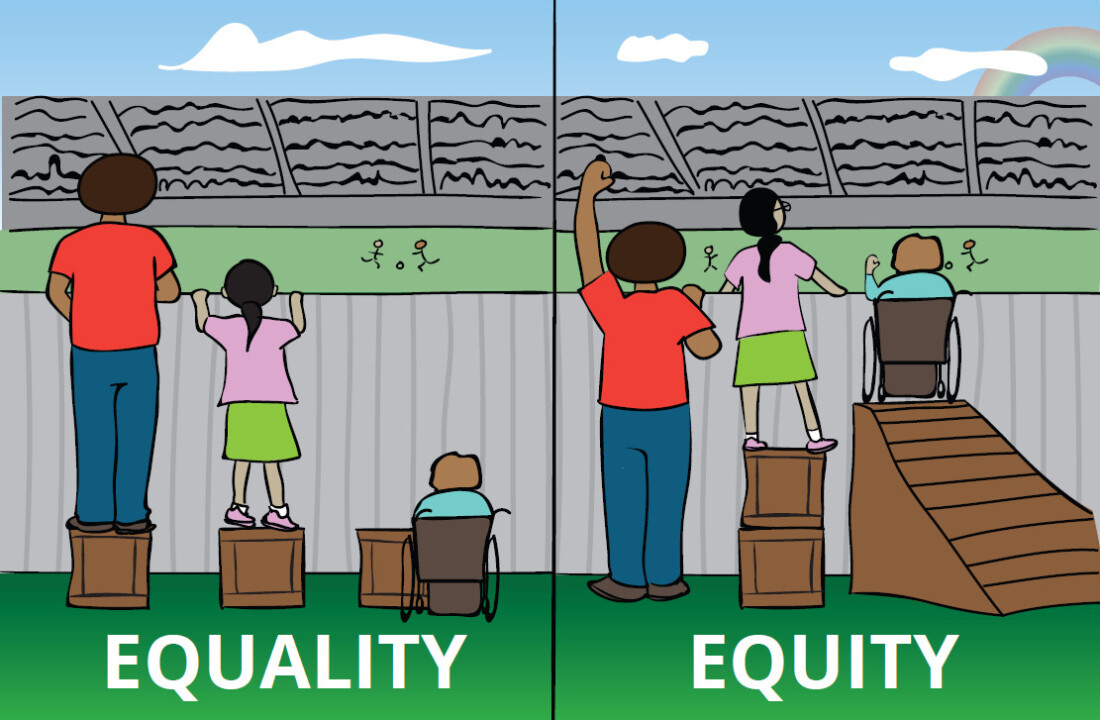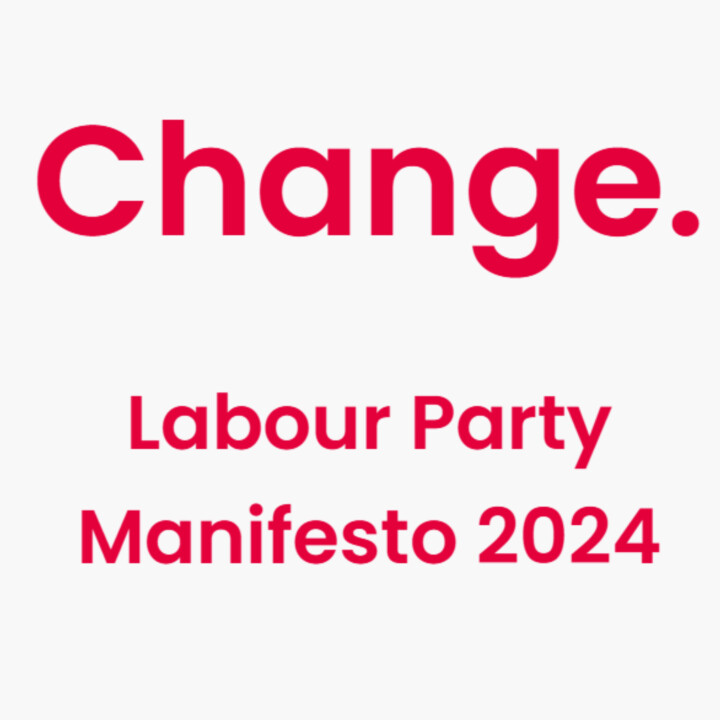
Equity in Action: The Power of Diverse Narratives
OAUK’s National Conference is coming to Victoria Hall in Stoke-on-Trent on 6th February 2025. In our latest blog, our Director, Sho Shibata outlines some of the key issues and the learning outcomes he hopes the Conference will bring.
Outdoor Arts as the beacon of accessibility
Outdoor Arts has a proud history of being the most accessible of the arts sectors. Our street festivals, carnivals, and melas take high-quality artistic work directly to public spaces where people naturally congregate. It’s also the case that Outdoor Arts events began to play key roles in designated Priority Places of Arts Council England in the last 10 to 15 years. The 54 Priority Places are scattered across the country, and they are so categorised because of the historically low cultural participation of their local residents. The lack of access to culture are often dictated by persistent lack of investment in cultural infrastructure, and these underserved communities tend to have higher levels of social deprivation (thus disposable income, and they site feeling uncomfortable in cultural venues as a key reason for disengagement). Outdoor Arts reaches tens of thousands of people in many of these Priority Places because we do not need theatres and arts centres to present great art, and many of our events are free to access for the general public.
Outdoor Arts has also improved representation from the wider marginalised groups. A good proportion of global-majority and disabled artists continue to gain opportunities, and many of our festivals have brought in experts to make their festivals accessible to d/Deaf and disabled audiences.
Despite all the positives, we do need to improve accessibility further.
Our sector lacks decision-makers from minority backgrounds for example. Artists and audiences from marginalised communities often have nuanced needs, and they require bespoke support to get on par with others who do not face their barriers. Are Outdoor Arts doing enough about equity?
Embracing equity in times of economic difficulty
This is the central question of our National Conference.
As the diagram shows, providing support on an equal basis doesn’t result in equal access to opportunities. Everyone has different kinds and levels of need, and we must proactively reach out to individuals to understand these. The right kind of support can only then be identified. But as the equality/equity image alludes to, it takes more effort and resources to make equitable provision for those with more complex needs. So, how attainable does equity seem in the current economic climate?

Our National Conference will bring together pioneering individuals with a track record of making the arts inclusive and relevant for diverse communities. The Conference is happening in Stoke-On-Trent because it has a high concentration of organisations and individuals with powerful stories to tell. It is also one of the pioneers of Creative People and Places, and the city will be celebrating its centenary in 2025.
We will use some of the day listening to stories of colleagues in Stoke and from elsewhere, but a large bulk of our time together will be spent on speaking to each other for collective reflection and learning. We have designed the day for you to meet new and old acquaintances and make you feel energised. There is plenty of networking time on 6th February, but there’s an additional networking event on the night before at B-Arts. There is a special induction event at B-Arts in the afternoon of 5th February too, for those who are new to the sector or are attending the Conference alone and would like help with meeting colleagues. In the spirit of Equity, there are Bursary places available, and colleagues with deeper pockets can pay-it-forward to increase the number of Bursaries.
Our hope is that you will leave Stoke with renewed commitment to making Outdoor Arts the most accessible sector of the arts. OAUK believes this is crucial going into the future. A key commitment in Labour’s Manifesto is “breaking down barriers to opportunity”, within which it specifically says: “Access to arts and culture will not just be for the privileged few”.
Outdoor Arts have an edge because we take the art directly into the heart of communities, and the need for our sector is accentuated by the difficulties the indoor venues are facing. In the most recent Autumn Statement, The Government did not respond to the pleas of our indoor arts colleagues to make rescue investment available with immediate effect. Their struggle to present high-quality creative experience has just been prolonged. Outdoor Arts of course have our own challenges of market reduction, but enhancing our commitment to access will surely put us in a good position to come back stronger, just like we did post-lockdown of the Covid pandemic.
Click here to purchase your tickets for the OAUK Conference.

– Sho Shibata, OAUK Director

